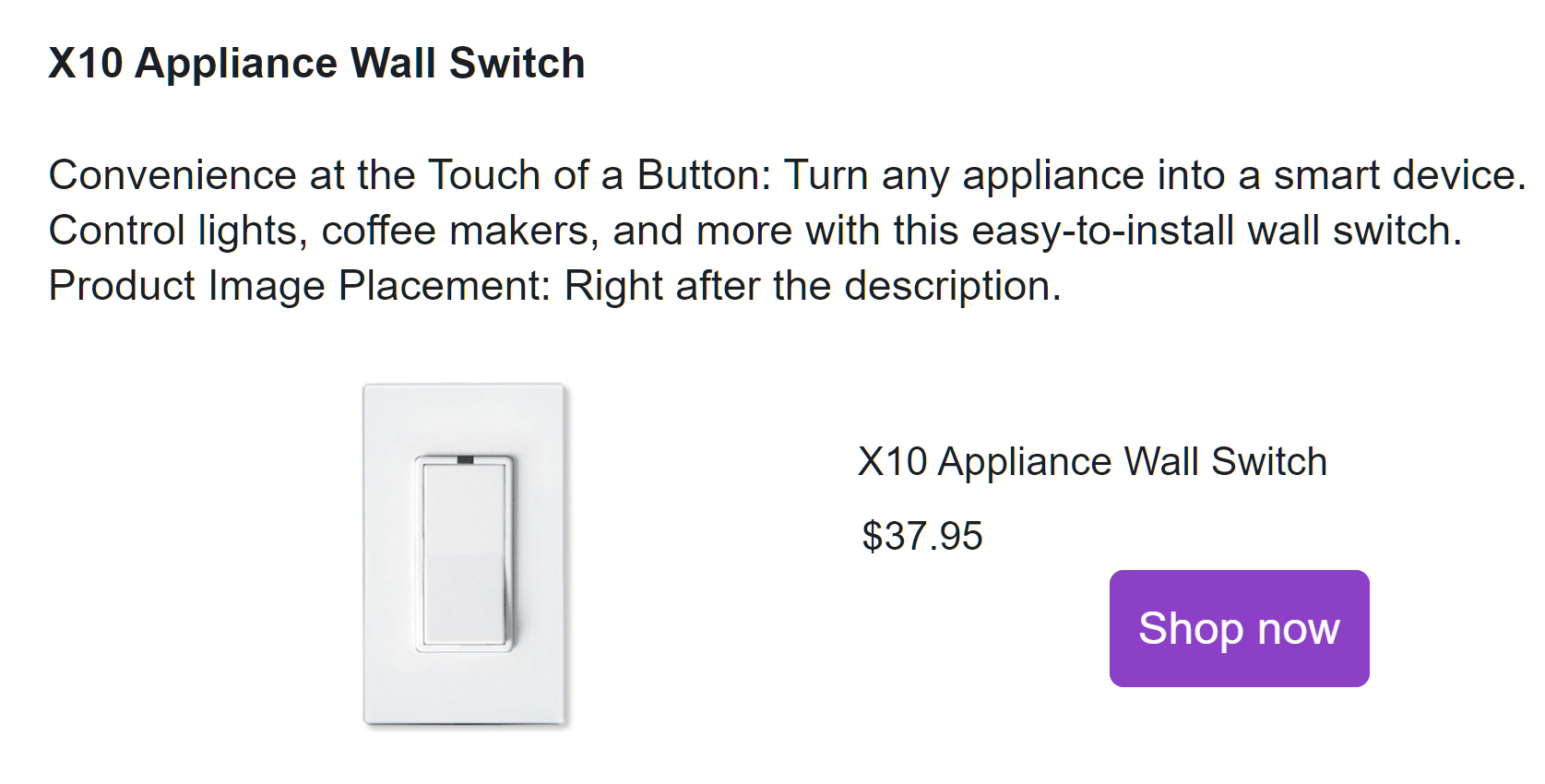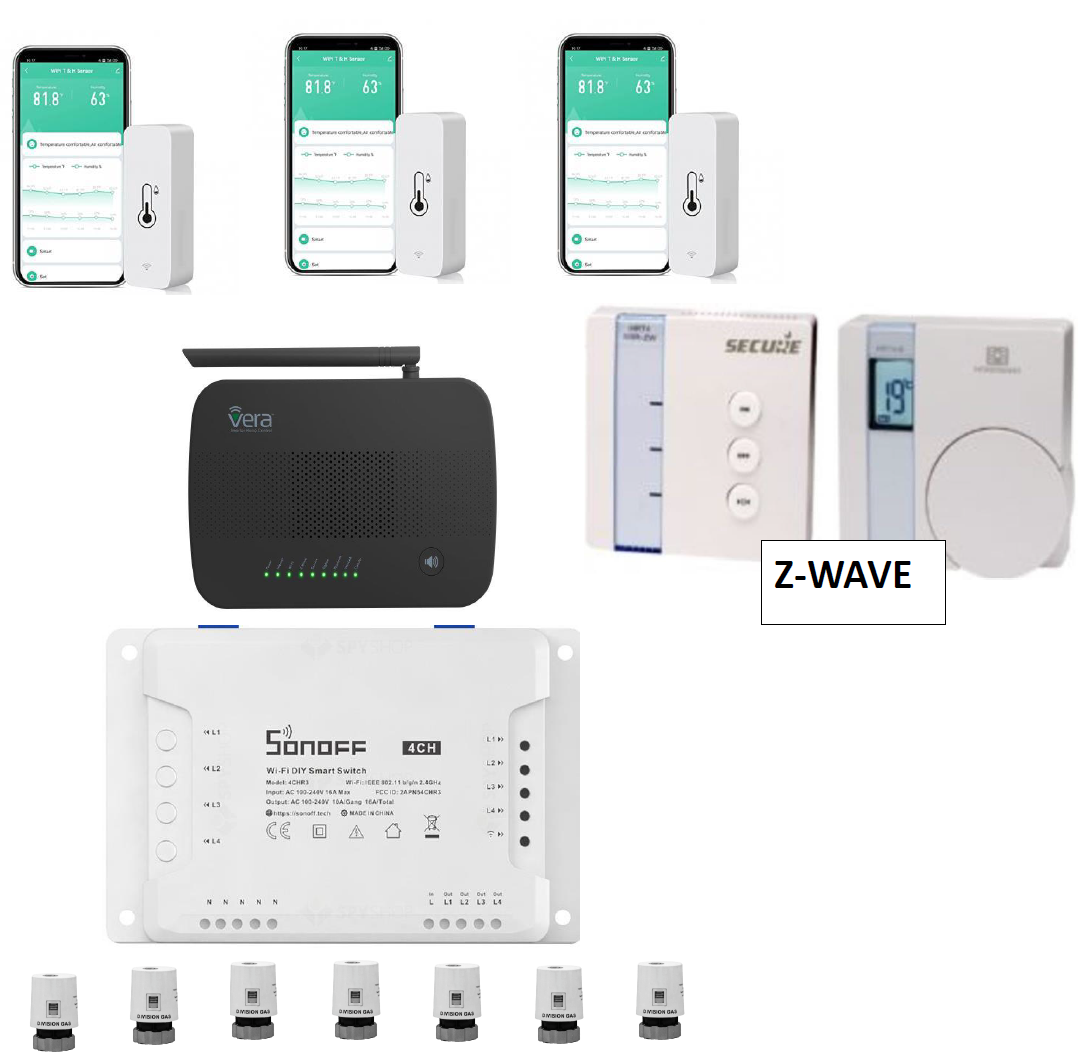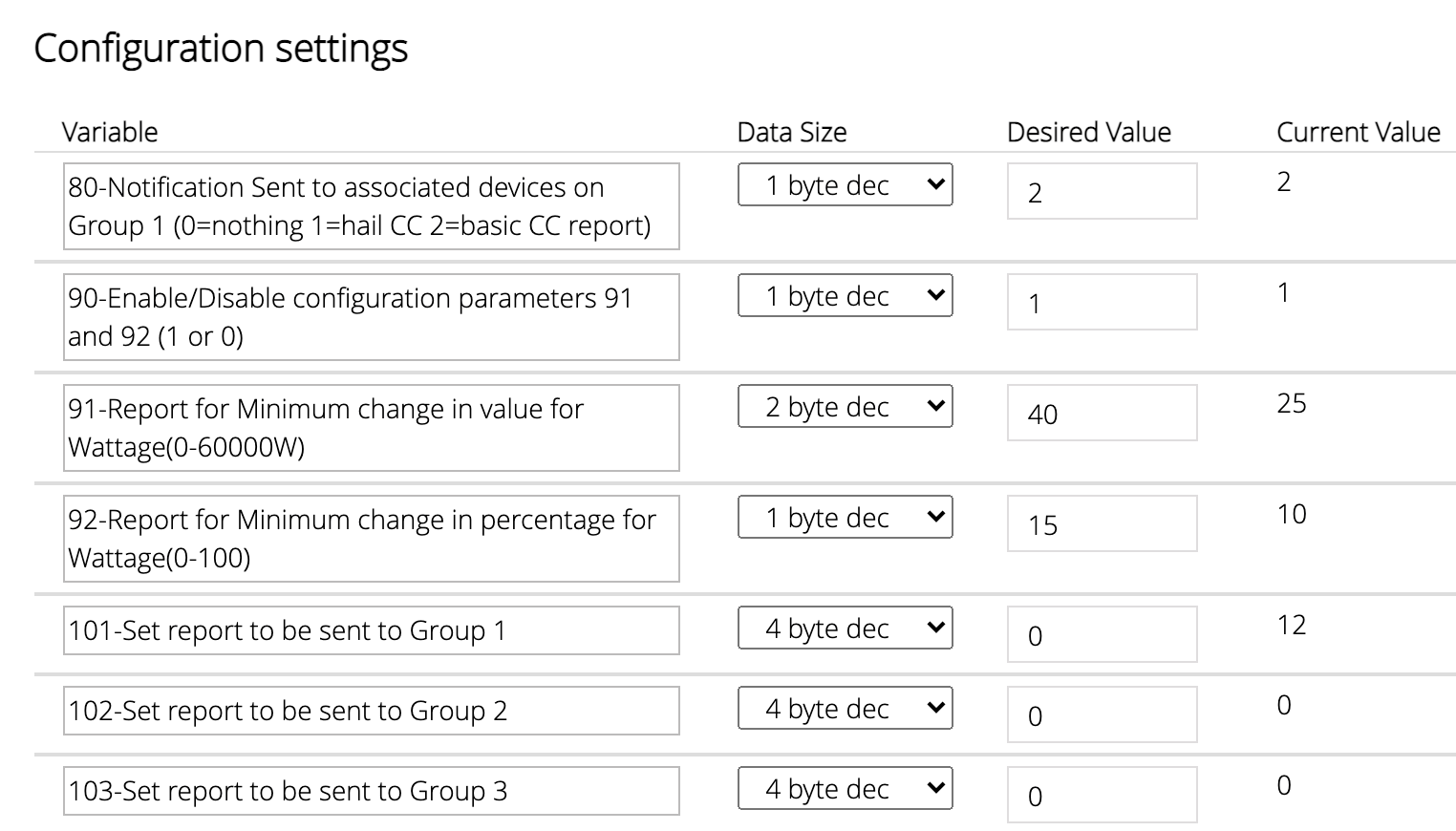Vera or not vera?
-
Dear Experts!
In January 2020, I decided to get involved in automation as a complete beginner.
I purchased a Vera Plus device controller.I built the network gradually, at the cost of overcoming no small problems .....
Since I am a beginner I have had a lot of problems.For example: I had 6 multisensors that sometimes got stuck with motion detection (lights stayed on) and also created ghost devices.
I knocked everything out of the system, the system stabilized a lot after that. (many red lines disappeared from luaupnp ....)Over time and with the help of the experts (Eg: AKbooer was a great help to me in netatmo which I thank again) I managed to solve most of the errors.
I only use a reactor to control the logic and execution.
The logical composition of my reactor is not very complicated in my opinion.My DSC alarm (with plugin) controls the house modes, cameras, each room has a separate reactor sensor (18 sensors in total) which control the automatic lighting and shutters.
I tried to improve the conditions and scenes in the reactor to perfection. (don't have executions, delays and reservations at the same time, I record the states with the "time from reactor" group state, just like the motion and opening detections from another sensor.
The situation is that the system does not always work reliably.
I experience Lua recharges at completely unpredictable intervals, about 1-3 per day
times.
Because of this, unfortunately my scenes slip, (or don't happen)
For simple things (tablet charging in) there is usually no problem.However, if I am not at home for several hours and return home, the alarms will turn off, and the luup recharge(90%).
If you approach the afternoon when more times are set in the time reactor then recharging will still occur but not always.For the past 10 months, I feel tired of the constant error search and still not good. I'm starting to doubt Vera's abilities.
Therefore, I would have the following questions:
-
Are the conditions set in the reactor loaded on the vera without action?
-
Can the Vera be stable and well-functioning without an unexpected lua reload?
-
If so, what do I need to add? (I'm a simple user, not a programmer, I don't know lua and linux programming languages and I don't want to learn because of vera)
I don’t want to deal with this too much anymore, so I still spent more on it than I deserve. -
Is there another controller that works safely and well on the z-wave platform?
-
In what direction should I move away from the vera, which will not disappoint me?
-
Have you heard of a controller called comfortclick? (I was now offered this instead of vera)
Thank you in advance for your help.
Krisztian
-
-
Welcome to the club...
What you are describing is very similar to my own experience. Fighting and debugging the vera, requesting fixes has lead me to where I am today along with a number of us. After years of struggle I ended up giving up on the vera and only kept the best part of it, which is the lua backbone and the community developed apps. I would encourage you to read through the blog section of this forum where people are sharing their experience, including my own.As designed, the vera is not capable of functioning without luup reloads. It is inherently fragile and is a pile of fundamental software design mistakes. The longest I managed to get it to run without luup reloads is about 2 weeks but eventually the accumulated garbage from its absurd zwave management engine catches up and to get there I needed to offload almost everything to openLuup except for the zwave management. Scenes, plugins, vera server connections, all were removed. Even the most basic and simple functions are unreliable and paradoxically their very immature implementation of zigbee was the only thing which appeared to work almost properly.
-
Thank you for your response!
Although it doesn't sound too good ... Does this mean that vera will never be able to work without error? (I read your story)
Basically, my dream would be an automation that is reliable, no need to be constantly maintained, tuned.
... the user-friendly interface would be just icing on the cake.
Is it worth welding the vera with openloop and who else knows if it won't be perfect even then?
What would be the solution for the future? -
I feel for you....Vera is (was) a good step into the HA world but it was/is far from perfect as you found out.
I ended up changing over to HomeSeer3, eventually updating to HS4 which has many native implementations that suit me and worked out of the box so to speak.
Everyone will have a favourite so it's difficult to get a fair comparison, but for me a system that has been around for 20+ years, has a good community and backup was most important.
Try the free download, be quick if you like it as the software is on special this week less50%.
Either way you go, anything will appear better than Vera.
Good luck. -
-
Thank you for your response!
Although it doesn't sound too good ... Does this mean that vera will never be able to work without error? (I read your story)
Basically, my dream would be an automation that is reliable, no need to be constantly maintained, tuned.
... the user-friendly interface would be just icing on the cake.
Is it worth welding the vera with openloop and who else knows if it won't be perfect even then?
What would be the solution for the future?I think if you explore what a few of us did on this forum you probably will find what you need but there is obviously some compromises to be made and at the moment, at least in my opinion, there isn't a platform which has it all. (See my thread on the home automation pyramid)
The best zwave controller is z-way (for both reliability, scalability and having an approachable API)
The best zigbee controller is Deconz but there are close seconds if you don't need to integrate both the ha stack and a number of various customized zigbee stacks. hubitat and home assistant come to mind.
If you have a lot of cross platform integrations with various APIs, home assistant can't be beat. It develops so fast and is so well supported, being opensource with a huge number of talented community members that I can't see any platform coming close.
For automation setting, and programing, openLuup/ALTUI is amongst the best especially if you started with vera and have already stuff built into it. I have run it for months without a reload, using z-way as the zwave device controller and home assistant as the zigbee and integration bridge.The downside is that it is a pretty steep learning curve with multiple platforms interconnected as I have had to become versed in lua and python (for home assistant only because I developed my own implementation of video processing). I have a very large, complex, reliable and maintenance free system with a very decent interface. As you can see the vera is nowhere to be found in this due to its catastrophic unscalable design. I am now doing so many more things that I could not do with the vera in much more reliable manner. My answer would be "Not Vera"
-
Same here. My system is now several orders of magnitude better than on Vera. I have no hesitation in suggesting you move away.
My thread 'What I did on my holidays' or something like that, details my experience and is something of a How-To (warts and all)
C
-
@blackcat
Thank you for your response!
I don’t think I understand HS3-4 exactly. Is this just software? Then it's not like vera .... (vera hardware and software in one)
Should I try it?
How?
How will my system know?
What other hardware do you need? Rasberry? 3? 4?
Sorry for my amateur questions ..... -
@blackcat
Thank you for your response!
I don’t think I understand HS3-4 exactly. Is this just software? Then it's not like vera .... (vera hardware and software in one)
Should I try it?
How?
How will my system know?
What other hardware do you need? Rasberry? 3? 4?
Sorry for my amateur questions ..... -
@rafael77
Well, with all the components built in, I’d be happy if I didn’t have to make any major changes to the hardware protfolio.
Let's see, do I understand?
Vera, openLuup / ALTUI, is a good stable choice.
If I choose this, do I need to understand lua / linux or other programming languages ??
Or as an outsider, I just install and configure them and you’re done?
As with other plug-ins?
What exactly does openLuup do with vera? -
I am, of course, biased...
You can progress in easy steps, and see how things improve. You will need another computer (Raspberry Pi of any sort is not a bad choice.)
- install openLuup on RPi
- link openLuup to Vera
- move any plugins to openLuup (really helps reliability)
- move scenes to openLuup (ditto)
These are easy steps for which there is much help available. If this is not reliable enough for you then
- buy a UZB stick with ZWave licence, and software (runs on RPi)
- clone your Vera ZWave network to it
- plug in UZB to RPi
- throw away Vera
Then you are in a hugely reliable, yet still familiar, home automation environment.
-
Thank you for your comments and helpfulness!
@AKbooer
I think it seems so understandable, although I'm afraid the construction will be much larger in volume ....
Before I start purchasing, I have a few questions:-
"You will need another computer"
What RPi should I take? 3's 4's? 2GB? 4GB? -
"buy a UZB stick with ZWave license, and software (runs on RPi)"
If I understand correctly, two softwares came up. The Homeseer and the z-way? How can I try these? Does that require any hardware? -
My shutter control is not commonplace. I have 433Mhz radio frequency shutter motors. The shutter control interface is connected to the vera via a USB port. It is a 15-channel radio frequency shutter control module that uses port 3481 to communicate with the vera. It communicates with the shutters on RF433Mhz. (device type: urn: schemas-arduino-cc: device: arduino: 1)
Will I be able to use this if I leave the vera completely?
-
-
Homeseer has a 30 day free trial, it's available in both Windows (ideal for repurposing an old laptop) or run it on a Raspberry Pi.
I do both flavours for testing but love the Pi.
A UZB is essential for a Z-Wave network, HS is software not tied to a particular system, for instance apart from Z-Wave you can run Zigbee, KNX, Hue, Tuya... the list goes on.
Your RF controller will work with it.
It's free for 30 days, jump in and give it a try. -
^^^
The point I was trying to make is that you can trial HS software without a UZB, also there is other software than Z-Way.
I'm hoping that the forum doesn't become Z-Way centric as there other good options available as well including Home Assistant.
If you like the software then choices can be made for Z-Wave, Zigbee etc, if you have a TUYA device then it's all there for you without buying anything additional. -
Without wanting to be z-way centric, HS is indeed a decent choice for zwave as a holistic controller, not needing anything else but... It is very very expensive. Its integrations are good but nowhere near as good as home assistant and again very expensive. And lastly it doesn't have any decent API for it to use as a device controller which would enable people to overcome its inconveniences which is cost and insufficient integrations. So no I don't really recommend homeseer. It is good if it fits exactly what you are seeking in terms of control and integration and are willing to pay the $$$. I downloaded it, used the free version for some time and though it is stable, it lacks the flexibility of openLuup in automation and the completeness and user friendliness of z-way in zwave command class level controls. Each has its pros and cons but homeseer has no good way to overcome its cons unlike others you can make work with others.
-
@Black-Cat said in Vera or not vera?:
The point I was trying to make is that you can trial HS software without a UZB, also there is other software than Z-Way.
I'm hoping that the forum doesn't become Z-Way centric as there other good options available as well including Home Assistant.100%.
These are just opinions based on individual experience... what else could they be?
If there was a ‘perfect’ answer, then we wouldn’t need a forum.
Edit: I should back up this philosophy with the very practical note that I am not, in fact, now, even ZWave centric, abandoning it for almost everything (can’t find a good replacement yet for two pulse-counter meter readers or MiniMote four-button hand-held controllers.)
I’ve surprised myself by being impressed with Shelly WiFi-based devices.
-
(can’t find a good replacement yet for two pulse-counter meter readers or MiniMote four-button hand-held controllers.)
Have a look at esphome.io
-
(can’t find a good replacement yet for two pulse-counter meter readers or MiniMote four-button hand-held controllers.)
Have a look at esphome.io
@sender said in Vera or not vera?:
(can’t find a good replacement yet for two pulse-counter meter readers or MiniMote four-button hand-held controllers.)
Have a look at esphome.io
Yes, thanks. You (or someone else) May have pointed this out previously?
I have no problem building my own stuff (I used to use MySensor Arduino-based sensors) but have been trying to move towards more consumer-based hardware (Philips Hue, etc.) for easier maintenance in the future (possibly by others, rather than myself.)
It would seem that a natural response for a new owner acquiring a home-made smart home would be to rip it all out and start again, but an infrastructure of commercial, and documented, systems would, perhaps, be more likely to be retained?
A theme for a separate topic, perhaps.




 Smart Home Software That's Powerful, Fast & Reliable | HomeSeer
Smart Home Software That's Powerful, Fast & Reliable | HomeSeer
